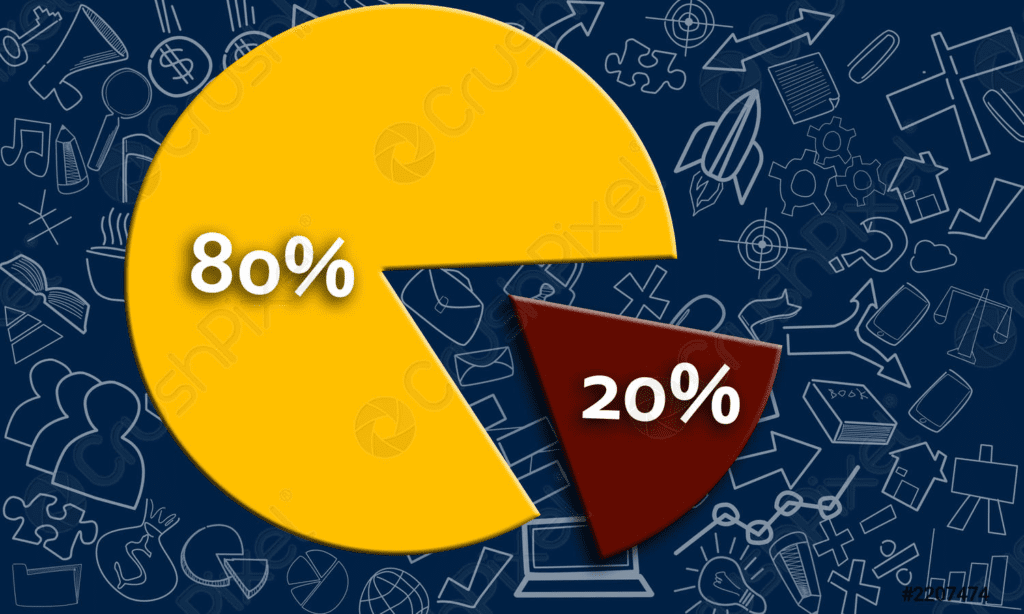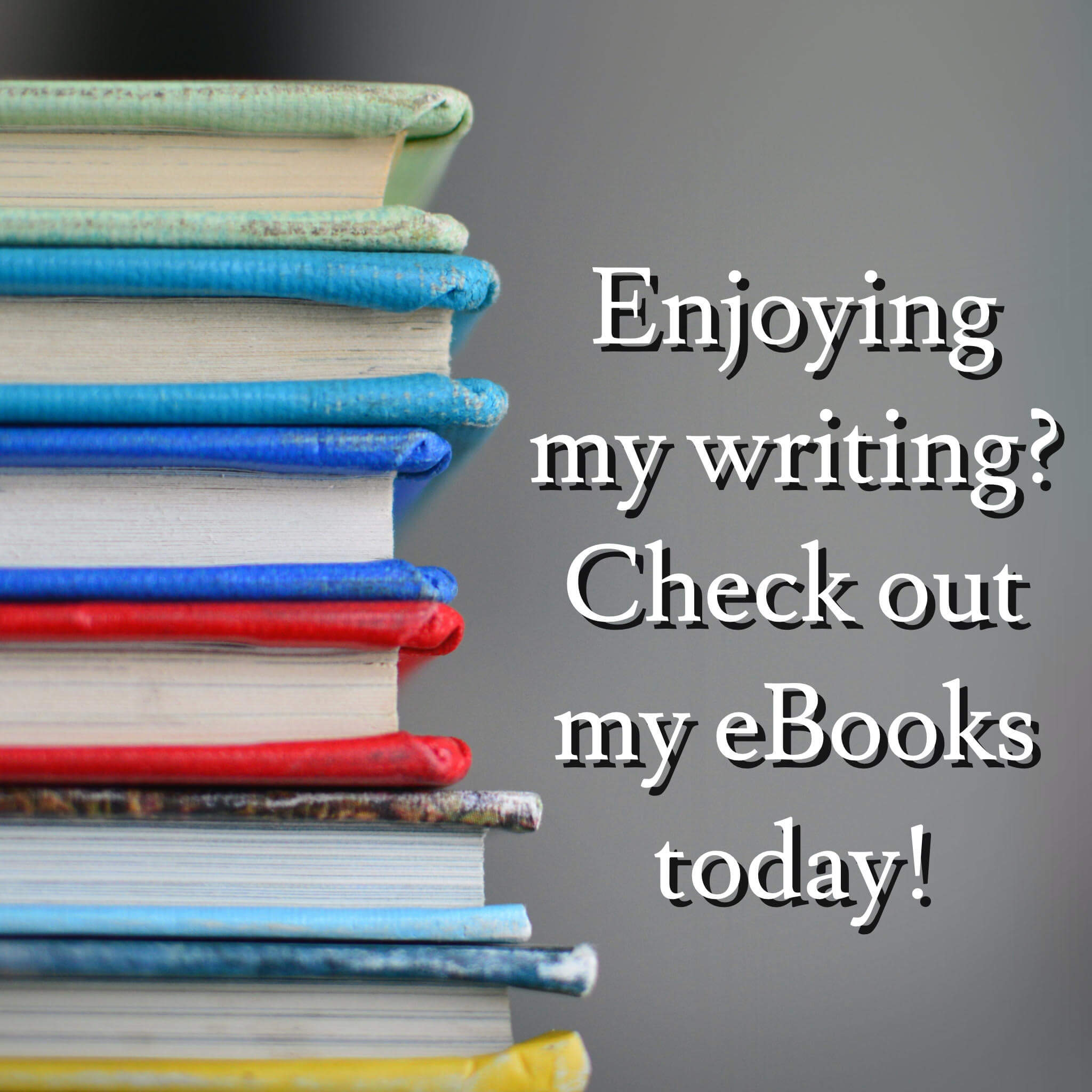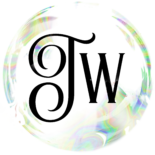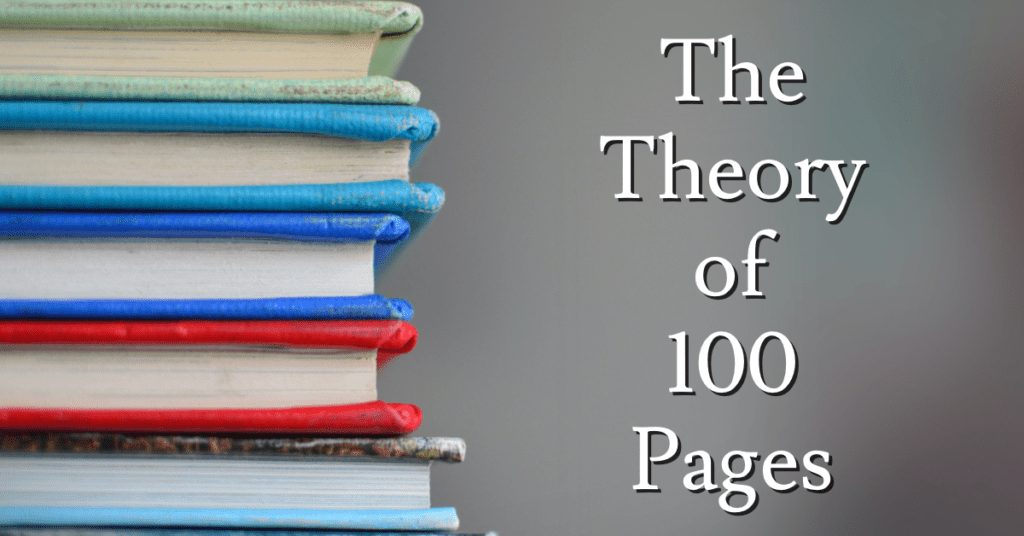Table of Contents
Several months ago I excitedly announced that I started reading books again. And since then, thank goodness, it feels like I’ve completed a ton of them. Slowly but surely. I’m not the fastest reader in the world, but I do love reading. I’m probably about 100 pages into a couple of books right now, in fact. And I really appreciate gaining all the endless knowledge.
The Love of Non-Fiction

When I was a kid, I loved fiction. I’m not sure what yanked me out of that phase in my life. Perhaps it came with annoying college courses that forced me to look at literature in ways I found unnatural and unpleasant. Perhaps it just came as a frustratingly inevitable part of growing up. The pleasure of disappearing into a little fantasy world for hours on end went from being what I lived for to becoming impractical. Who has time for Holden Caulfield when there’s stuff to do? Who can find time for ghouls and goblins when there are life skills I need to be attaining?
And so I embraced non-fiction. Everything I’m reading now basically falls in one of three categories: 1) Health and fitness, 2) personal development, and 3) becoming wealthy. And I savor everthing I’m reading.
I can feel myself becoming a better, more well-rounded person. I can watch as my health improves, one day at a time. And hopefully one of these days, I’ll even watch my bank account grow to levels I never imagined possible.
My Need for Completion

But I have a problem.
When I read a book, I always read it from cover to cover. It sounds nice in theory. But it really is a burden.
This means I always read the introduction. Or even those forewards written by someone else entirely. This means I read the author’s bio. And this means I still finsh the book even if I’m not enjoying it at all, and even if I have hundreds of pages left.
My need for a thorough read is a blessing and a curse. Who doesn’t like the accomplished feel of completing something?
But the curse is very pronounced, especially in light of what I want to speak about today.
What Happens after 100 Pages?

You see, I’m starting to notice a pattern in all of the books I’m reading. Everything starts to get extremely boring and repetitive after the first 100 pages.
Now, you could of course argue that I have a short attention span. It’s not a ridiculous thought. I mean, in general I choose every day of my life to do a little bit of a lot of things, rather than hyperfocus on any one project. Part of this is to prevent boredom.
I don’t have it in me at this point in my life to sit and study French for three hours straight. But I certainly have it in me to study French for five minutes a day… and five minutes each of eleven other languages.
Part of it is to prevent what may be inevitable boredom. But part of it is just having way too many interests and just yearning to do as much as possible in any given day.
So even though it’s very possible that somewhere around page 100, I just find myself already wanting to put that book down and move on to another one. But I’m not so sure that’s what’s happening here.
The Theory of 100 Pages
My theory is that the average author only has approximately 100 pages worth of useful information they would like to convey. But 100 pages doesn’t sell. It doesn’t feel like a real book. It’s more like a novela or some cheesey eBook with a name like “How to Get Rich in Just Three Weeks”.
So what do you do when you have 100 pages of extremely vital information you want to make sure gets into the hearts and minds of as many readers as possible?
You start padding. You start filling your book with countless unnessary examples to “prove” the point you already convinced us of ten chapters earlier. You bulk up the book with incessant fluff. Just meaningless paragraphs or even chapters that truly do not need to be there.
Baby Killing

I was reading a book about writing a play a while back, and I was introduced to the morbid concept of “killing your baby”. These are parts of the play you have written and absolutely adore, but realize now they no longer have a place in the play. If you keep them in there, it will damage something about the play’s flow or structure or someone’s character.
You desperately want to hold on to this gem of writing. You love it. It’s a part of you. But you know deep down this is no longer an option. In order for the play to reach it’s final complete and flawless stage, you must, in effect, kill your baby. You must get rid of this piece you’ve become attached to and move forward without it.
Similarly, I recently heard about Eminem’s creative process. He carries around a notebook with him at all times, constantly writing down thoughts he might include in future endeavors. Someone asked him if he uses all of what he writes down. He responded that he trashes about 99% of it!
The creative process, in order to achieve a level of perfection, must include eliminating what isn’t needed until you get to the point where the only thing left behind is this beautifully polished gem.
The 80/20 Principle

But this all still leaves me with the question of where to go from here.
I have dabbled in another book called The 80/20 Principle, which posits (among many other things) that in order to be wise and knowledgable, you never need to read an entire book. Just the intro and afterword, and any chapters you find particularly interesting. You might not pick up each and every nuance the book wishes to convey. But you will pick up somewhere around 80%, and you will do so in a fraction of the time. And now you can move on to the next book. And then the next. And keep this up as you slowly but surely achieve super-mega genius status in no time at all.
So I’m stuck. I still love the feel of fully completing a book, but I hate that feeling that I’m no longer interested in what the book’s offering. Do I just stop after 100 pages? Follow the 80/20 advice?
Or is there some other solution I haven’t yet thought of?
Or.. gulp… do I go to the fiction dark side again?



